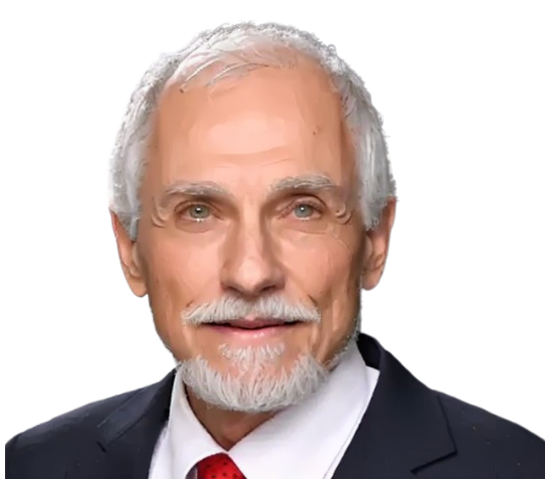Most people are aware of hypnosis being used to help people to stop smoking, to lose weight, to manage stress and to improve sleep. However, hypnosis is used throughout the world by professionals in over 1000 areas. Here are some of them:
Internal Medicine: Arthritis (caused by excess uric acid in the bloodstream), Rheumatism, Hyperthyroidism, Anorexia Nervosa, Allergy, Raynaud’s Disease, Bronchial Asthma, Coronary Disease, Psychosomatic Disorders (including gastrointestinal), Metabolic Diseases (including diabetes), Cardiovascular Disorders, Migraine Headaches
Surgery, Anesthesiology, Pain Control: Even brain and heart operations have taken place with hypnosis as the only anesthetic tool
Obstetrics: Childbirth, Management of Nausea and Vomiting, Control of Bleeding, relief of anxiety, pain, tension, heartburn, prevention of miscarriage, increasing flow of milk
Gynecology: Amenorrhea, Pseudocyesis (false pregnancy), Uterine Bleeding, Infertility, Frigidity, Vaginismus, Dyspareunia, Low Back and Pelvic Pain, Premenstrual Tension, Menopause, Bust Enlargement
Rehabilitation of Neuromuscular Disorders: Psychosomatic Factors, Physical Rehabilitation, Parkinsonism, Multiple Sclerosis, , Epilepsy, Phantom Limb Pain
Dermatology: “skin is a mirror of emotions”, 60-70% of warts respond to hypnosis as well as many other skin conditions
Ophthalmology: Glaucoma, Hysterical Blindness, Adjustment to Contact Lenses, Otology: Tinnitus, Tic Douloureux, Hysterical Deafness, Rhinology: Rhinitis
Genitourinary Conditions: Urinary Retention, Chronic Bladder Irritability, Premature Ejaculation, Impotence, Male and Female Infertility
Pediatrics: Nail-Biting, Tics and Spasms, Stuttering, Dyslexia, Thumb-Sucking, Behavior Disorders, Drug Abuse, Asthma, Bed-Wetting
Oncology: reduction of narcotic drugs, lessening discomfort after treatment, reducing anxiety, pain, improved mental attitudes, increasing relaxation, motivation, strengthening “will to live”, feeling of control, improvement of sleep
Orthopedics: Torticollis, Psychogenic Rheumatism
Habit Patterns: Alcoholism, Smoking, Insomnia, Narcotic Addiction
Dentistry (Hypnodontics): Elimination of Gag Reflex, Control of Salivation, Anxiety and Fear Elimination, Adjustment to Orthodontic and Prosthetic Appliances, Control of Bleeding, Analgesia, Bruxism
Miscellaneous Areas: Learning Ability, Exam Anxiety, Memory Recall (Forensic Hypnosis), Geriatrics, Sports Improvement, Adjustment to Space Travel, Sexual Deviance, Multiple Personality, Hiccups, etc.
Since many challenges people have are due to stress, hypnosis is very effective to help in an unlimited number of areas. 70 to 90% of the problems appearing in a physician’s office are either caused by stress or made worse by stress. Merely helping with stress, helping a client to believe in his own abilities (ego, confidence, self-esteem building) can go a long way to assisting healing and happiness.
In addition, hypnotists often work in key areas such as overcoming tension, worry, fear, anxiety, anger, guilt, help with forgiveness, self-acceptance and love for oneself. Hypnosis is a tremendous tool to strengthen the “will to live” and motivation to follow the physician’s instructions such as taking medication, exercise, diet control, etc. The mind influences the body and the body influences the mind. Whatever you want to do, you can do it better with hypnosis.
Today, there are thousands of physicians and clinical psychologists who use hypnosis as an additional tool in their profession. Some specialize in specific areas of application such as pediatric hypnosis, oncology, dermatology, etc. If you are seeking help with hypnosis in a medical, psychological or psychiatric area, you should consult with the appropriate professional who specializes in that area and who uses hypnosis as an additional tool to their profession.
